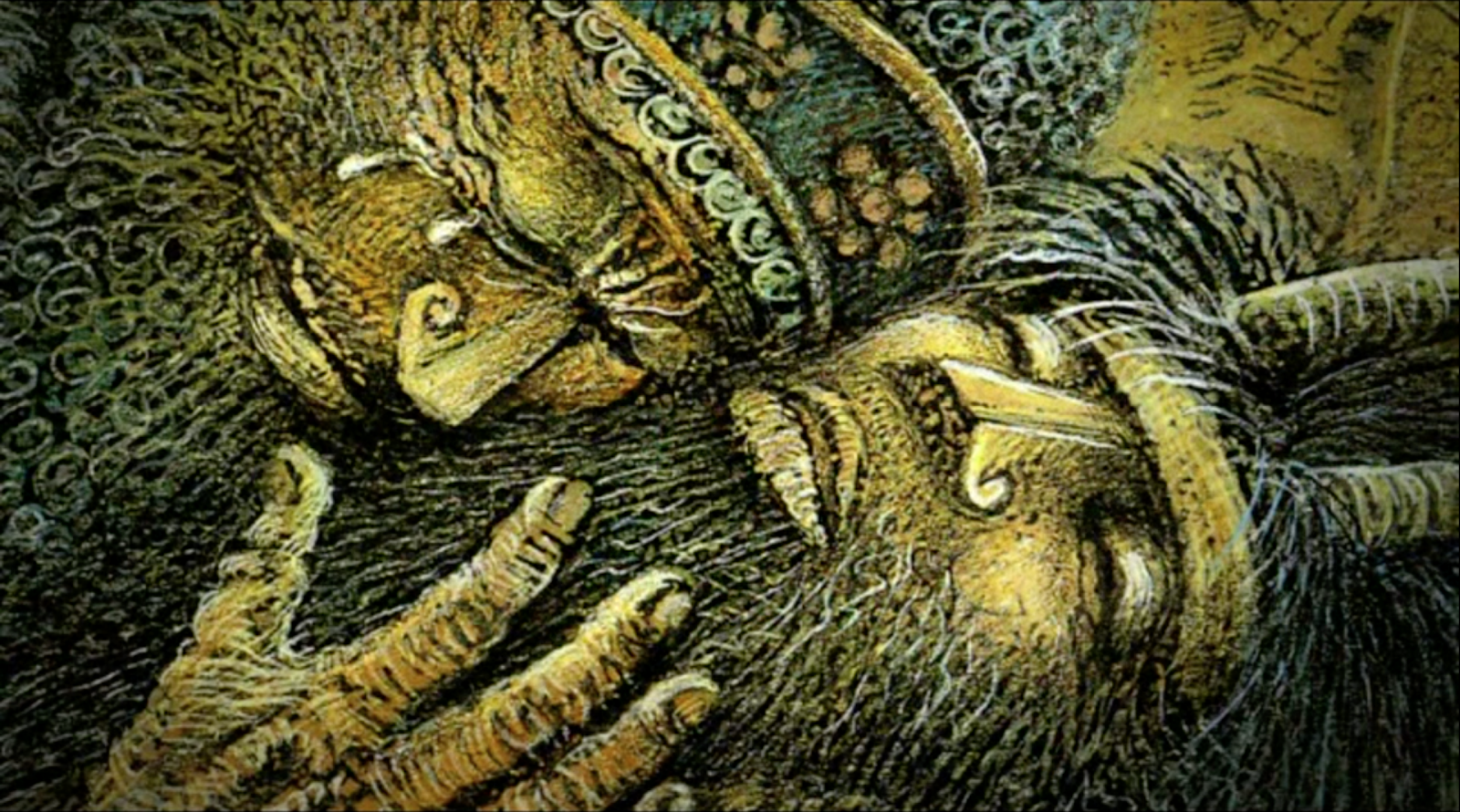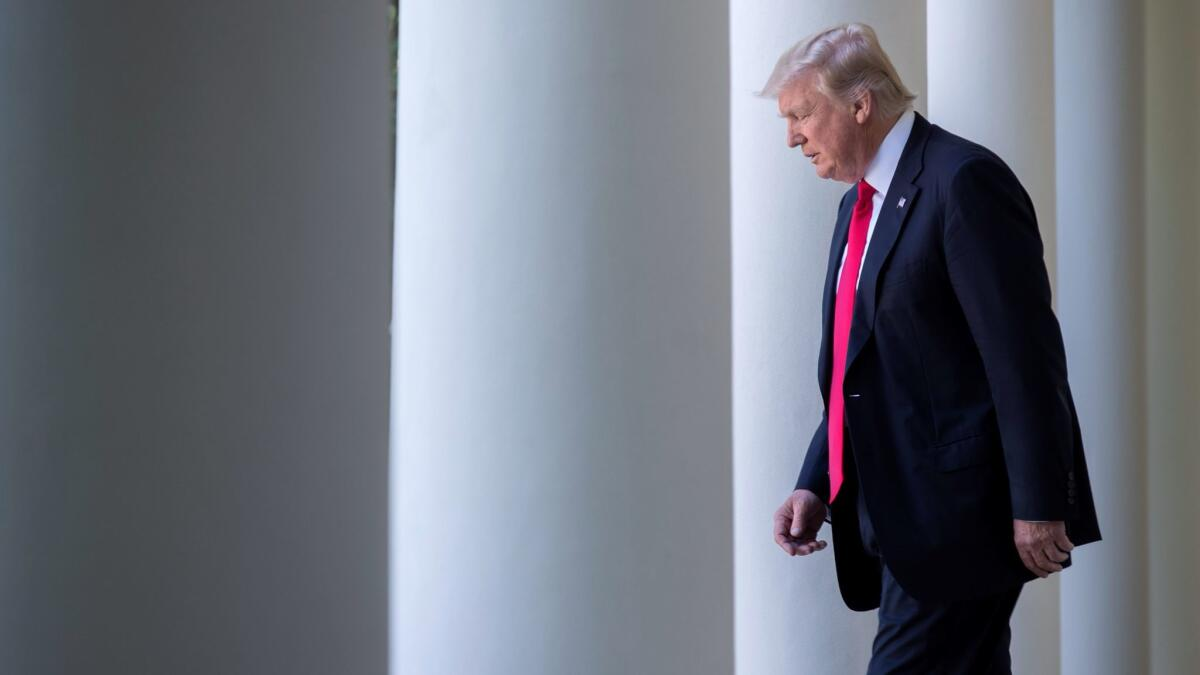Gilgamesh as a republican Epic
The Epic of Gilgamesh is the oldest written story and the original buddy movie. It is also a parable about the depravity and dangers of monarchy told by some of the first people in the world to have ever tried living under one. The story begins during the reign of the Great King of Uruk, Gilgamesh, in the prime of his royal life. Gilgamesh the King has no equal. He is stronger, fiercer, braver, bigger, crueler, and greater than any man in Uruk. He lords it over his subjects. And he is unsatisfied.
Absolute power corrupts, as we like to say. It is also no doubt rather addictive. But like many addictive substances, it often leaves the addict in a place of tragic or even grotesque unfulfillment. The subtleties of this were recognized by Plato. In Book I of The Republic, he debates the true definition of justice with Thrasymachus. Thrasymachus contends that, in the real world at least, justice is whatever is in the interest of the most powerful person around. Plato responds that the strong do not necessarily know what is in their own interest. It seems at first like a trivial rebuttal, but it isn't. Think of Ivan the Terrible: he held absolute power and he lived a life of cruelty. Justice was whatever he said it was, and it included the indiscriminate mass murder of his subjects. But he also descended into madness in his later years, dying of a stroke after murdering his own son. A happy life? Probably not. Perhaps it would have been in his true interest to rule with true justice (whatever that is), or to not have absolute power in the first place.
Gilgamesh may have had more powers of introspection than other tyrants. He seemed to know what was missing in his life. Gilgamesh dreams of a boulder he cannot lift, an axe he cannot wield. He dreams of an equal, which he finds in Enkidu the Wild Man, who is tamed by a woman and brought to Uruk to challenge Gilgamesh. They fight to a draw, afterwards becoming fast friends. The two buddies then proceed to abandon Gilgamesh's mundane royal duties--which seem to chiefly involve terrorizing the good people of Uruk--and spend their time going on merry adventures together, slaying the Bull of Heaven and defeating the monster Humbaba in the great cedar forest.
The Western republican tradition values life without kings. And mostly we tend to think this is for the sake of the subjects. We assume that monarchy is great for the ruler, but bad for the ruled. Aristotle, the original philosopher of republicanism, however, took pains to stress both sides of the issue. He celebrated political power sharing because it meant a broader class of people could lead a fulfilling human life. In despotisms, he said, no one can lead such a life. Not even the ruler. In fact, in his Politics, he seems to think it is uncontroversial to say that the life of a freeman (a middle class citizen) is better than the life of a despot. Why? Well, for Aristotle the highest kind of human life is a life of public action (giving judgement, deliberating on questions of justice, making political decisions, and defending your republic). But such action is public only if it is done before and amongst equals, as part of a political community. This, according to Aristotle, is the path to what the Greeks called eudaimonia: the happiness that comes from a fulfilling, active life, not simply from a pleasurable one.
The despot has no equals, and therefore no true friends and no true happiness. Gilgamesh can be read as a republican epic, but one which approaches republicanism from a direction we are no longer accustomed to--from the spiritual problems internal to despotism. Gilgamesh abandoned despotism for friendship (at least temporarily), and this is essentially what the early Greek republics did.
-Jake Greear



Comments
Post a Comment